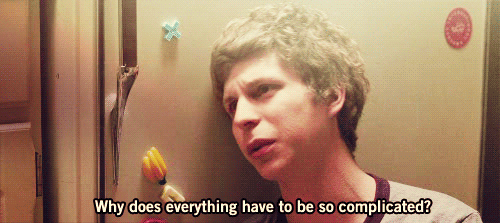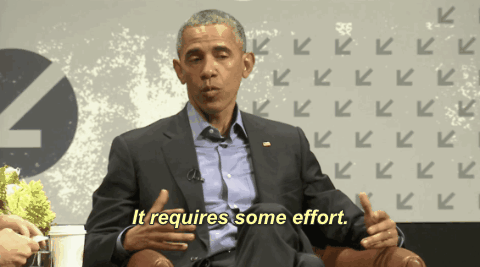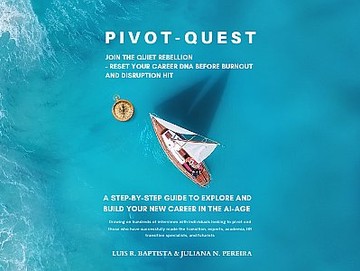It doesn’t matter if you self-publish or work with a traditional publisher, you’ll never receive more than 70% of your total book sales.
Unless you produce and sell your book on your own website you will pay 30% fees, minimum. No matter what. — And that’s not a bad thing. It’s a necessary cost of producing and fulfilling a quality product.
So, your duty as an author is to get as much out of that 30% fee as possible.

Do authors want to pay a 30% fee
Of course not. But they don’t always know why that is.
In the two quick years I’ve worked with a book publishing startup whose sole mission is to give authors a better publishing experience, I’ve connected with and discussed strategy with hundreds of authors at just about every level of their publishing journey.
And while there is certainly no one perfect path all authors can take to get their books in more of the right hands, I’ve noticed there is often a gap in how much fees an author believes they should pay — a.k.a. how much royalties they think they should receive — and how much they’ll actually give up.
It depends on what they'd like to get out of the book.
For example, if an author wants to be a bestseller, achieve long term book sales and/or use that book as a calling card for their personal brand, to increase speaking fees and bring money back to the business, then they often underestimate what allows this to happen.
But if an author wants to maximize dollars on each book sale, regardless of how many books get sold, then that requires another path.
This gap in understanding is not necessarily the author’s fault. Statistics and information on book publishing are vague and often non-existent. More on that here.
Authors do, however, tend to jump in headfirst without figuring out every detail needed to ensure they wind up happy at the end of their publishing journey, fees and royalties included.

Is self-publishing on Amazon worth the 30%
Hm.
I find it most interesting when authors are not sure about what to do after spending the last few months writing a manuscript. They don’t know where or how to get started with publishing. And they don’t know how to market or sell their book.
But what they do know without question is that they don’t want to “part ways” with any percentage of royalties.
And then they go and self-publish their book on Amazon and give up 30% of total book sales to a publishing service that provides little more than print on demand.
Amazon believes it has figured out how to keep its book business vibrant in changing times. This includes hand-picking authors with a platform and having them publish exclusively with them, and then using their algorithms to bring thousands of sales their way.
The typical self-published author does not have it this easy, unfortunately.
The basic premise of self-publishing is that anyone can become a small publisher, maintain control and rights to your book, and take home a bigger royalty than you’d normally get from a traditional publisher.
That idea is very attractive and has started a huge movement in it’s general direction — especially towards Amazon. The major thorn in that rose is that it only works if you can sell books.
What else does Amazon provide besides print on demand? Access to millions of readers? Um..
No.
In other words, editing, interior design, distribution, getting your book on retail shelves, and ensuring a quality book are not things Amazon does or cares about. Why should they? You’ll give them 30% without it.
Is it worth it? You be the judge.
If there is one cool thing about Amazon’s publishing company CreateSpace it’s that you only print books as readers buy them. But then again, so does this book publishing startup I mentioned earlier.

That #1 Bestseller status
By making an Amazon #1 Bestseller easy to obtain they keep authors coming back time and time again — which is great for Amazon.
But what does that title mean?
Well, that’s difficult to say. It does take hustle to earn that gold sticker. But it’s sometimes hard to justify when you discover you can become an Amazon #1 Bestseller with less than a hundred book sales in your category on any given Sunday.
It’s only going to take so long — and enough educated authors — before that over-glorified label is no longer worth pursuing.
I mean if anyone can self-publish their own book and add it to the saturated Amazon directory, where’s the exclusivity and credibility in that?
If anyone can call themselves an expert without having to show a strong background to push out a book idea, what value do you place on experts these days?
In my experience, authors who take their craft seriously and understand the hard work it takes to build influence and credibility in their chosen field are quite averse to self-publishing, and at times, severely disappointed that Amazon puts these authors on the same level as them.

You have to be both willing and able
To hustle.
Whether you self-publish or get picked up by a traditional publisher, you’re going to have to trade or barter services, experience, influence, or exposure to get your book out there. ‘Tapping into your network’ and relying on your community to buy and promote your book is a necessary rite of passage.
If you think Amazon, or anyone else, is going to do this for you then you’re in for a disappointment.
Do you have years of editing experience? Do you have experience marketing and selling books? Do you have international distribution and the ability to get your book on shelves where you target readers actually buy? Do you have the capability to produce and print a quality book and fulfill orders coming through your network?
Does your publishing partner?
If not, then reconsider what that 30% is bringing you.
Cheers,

